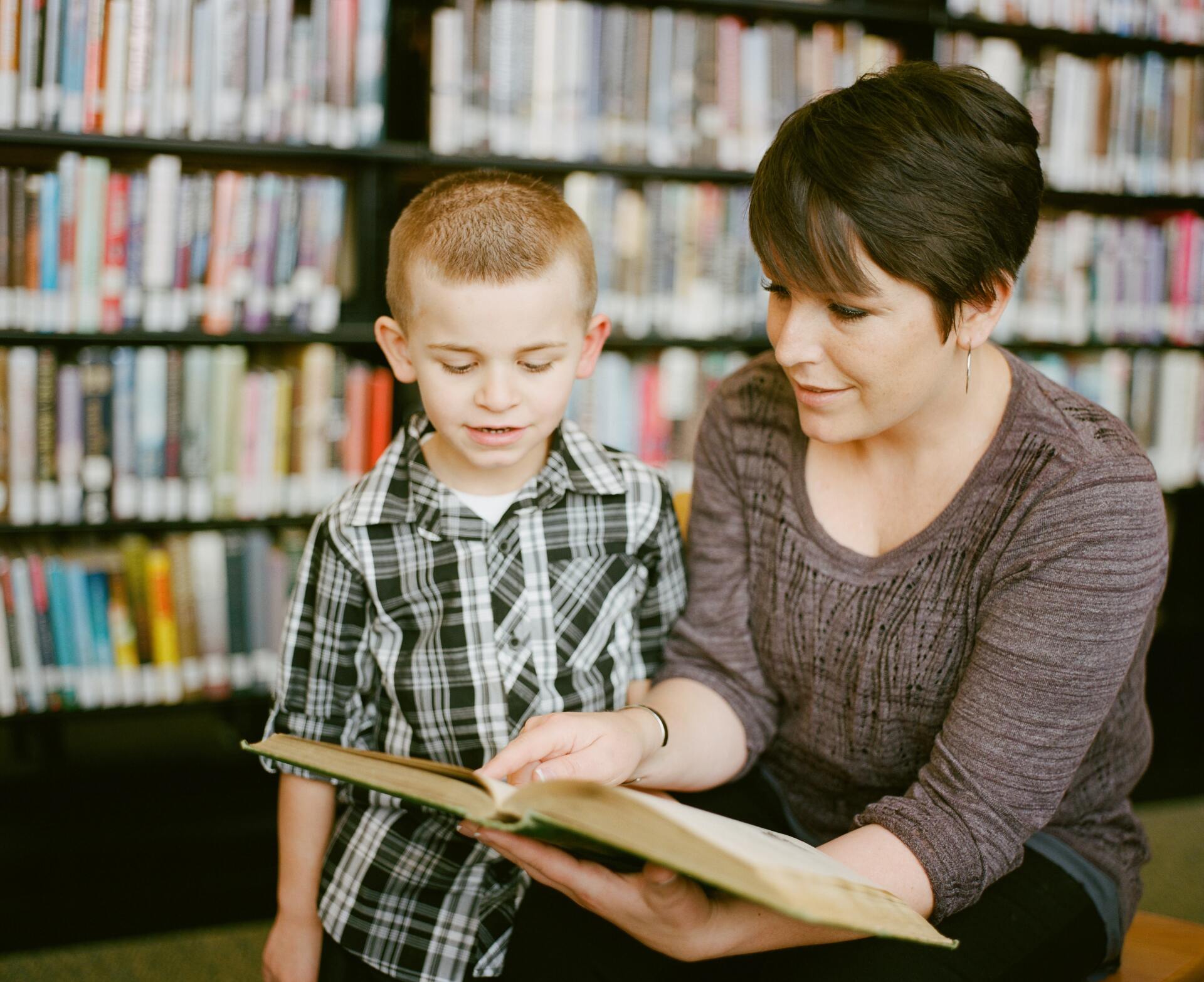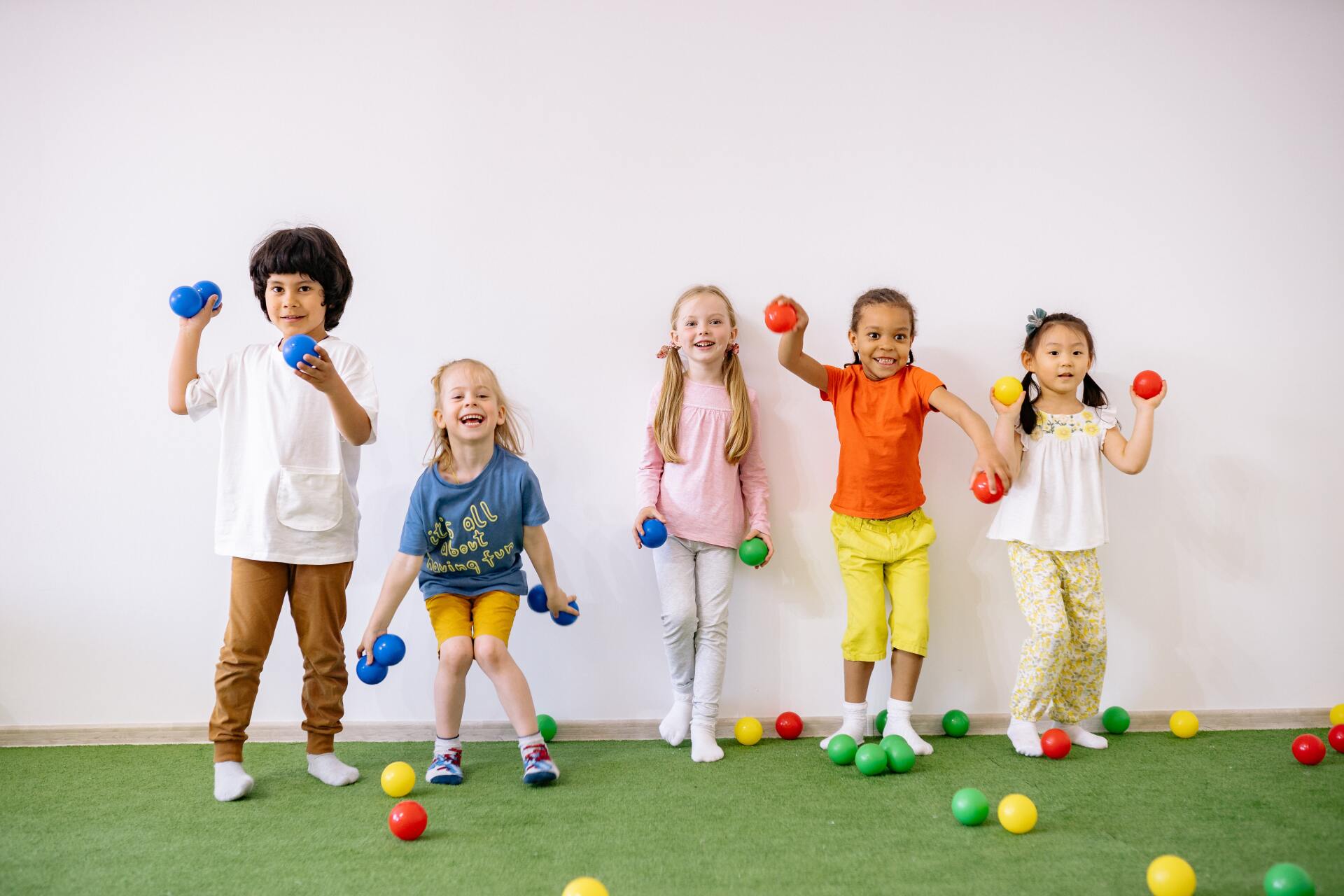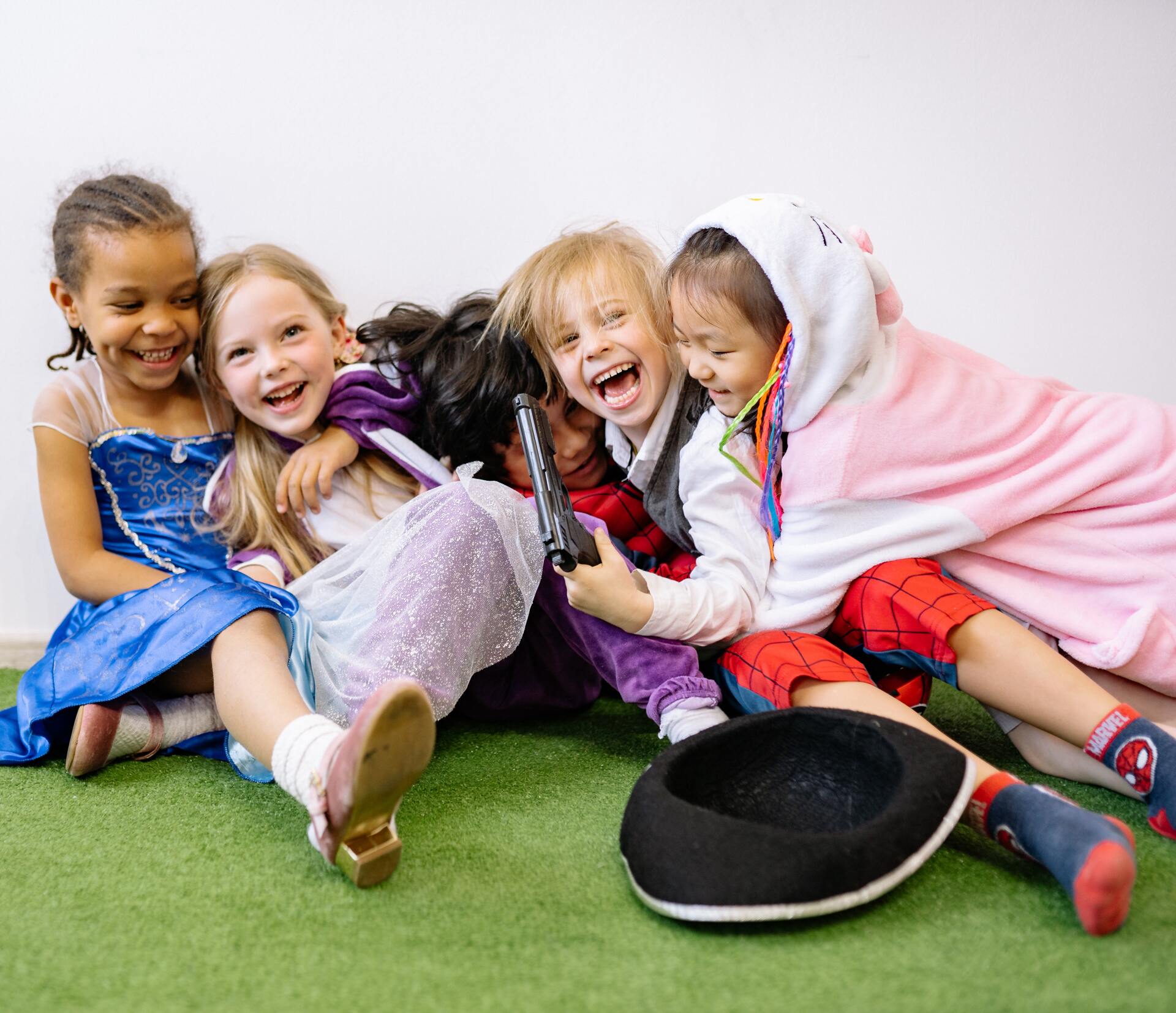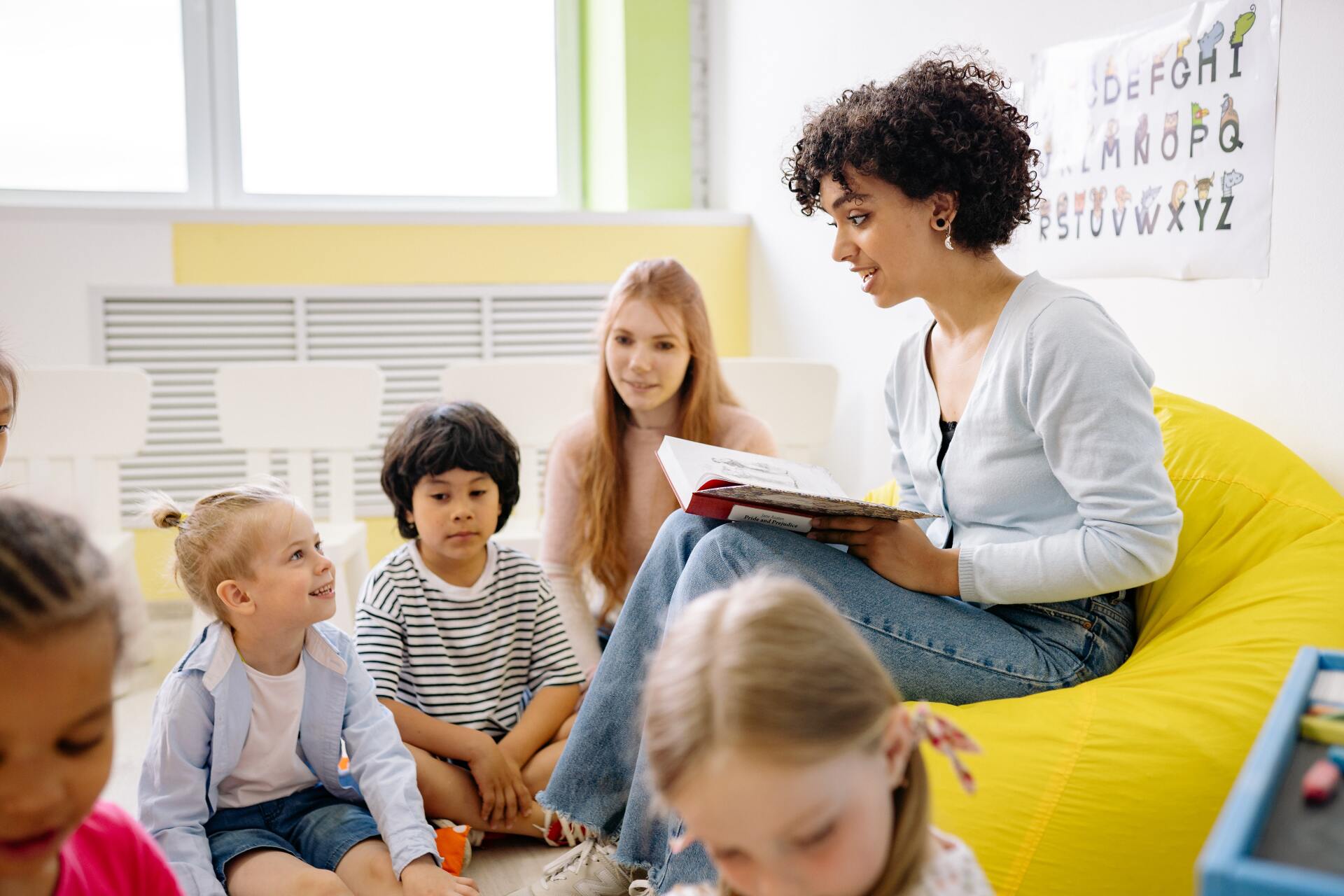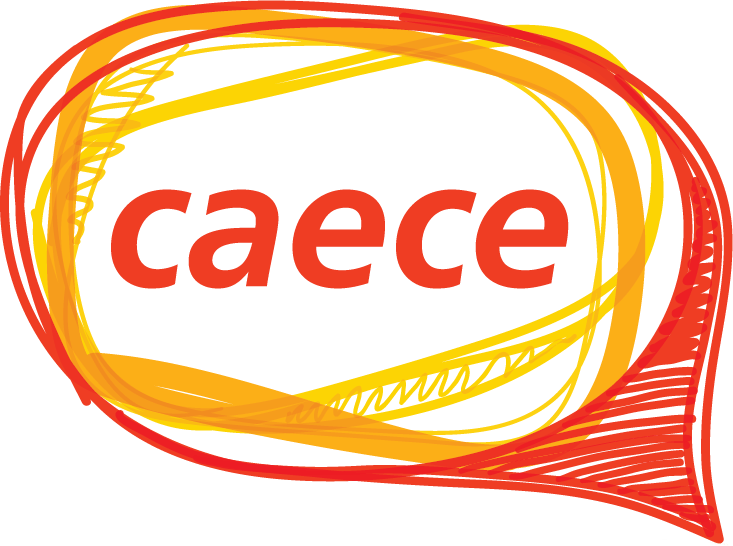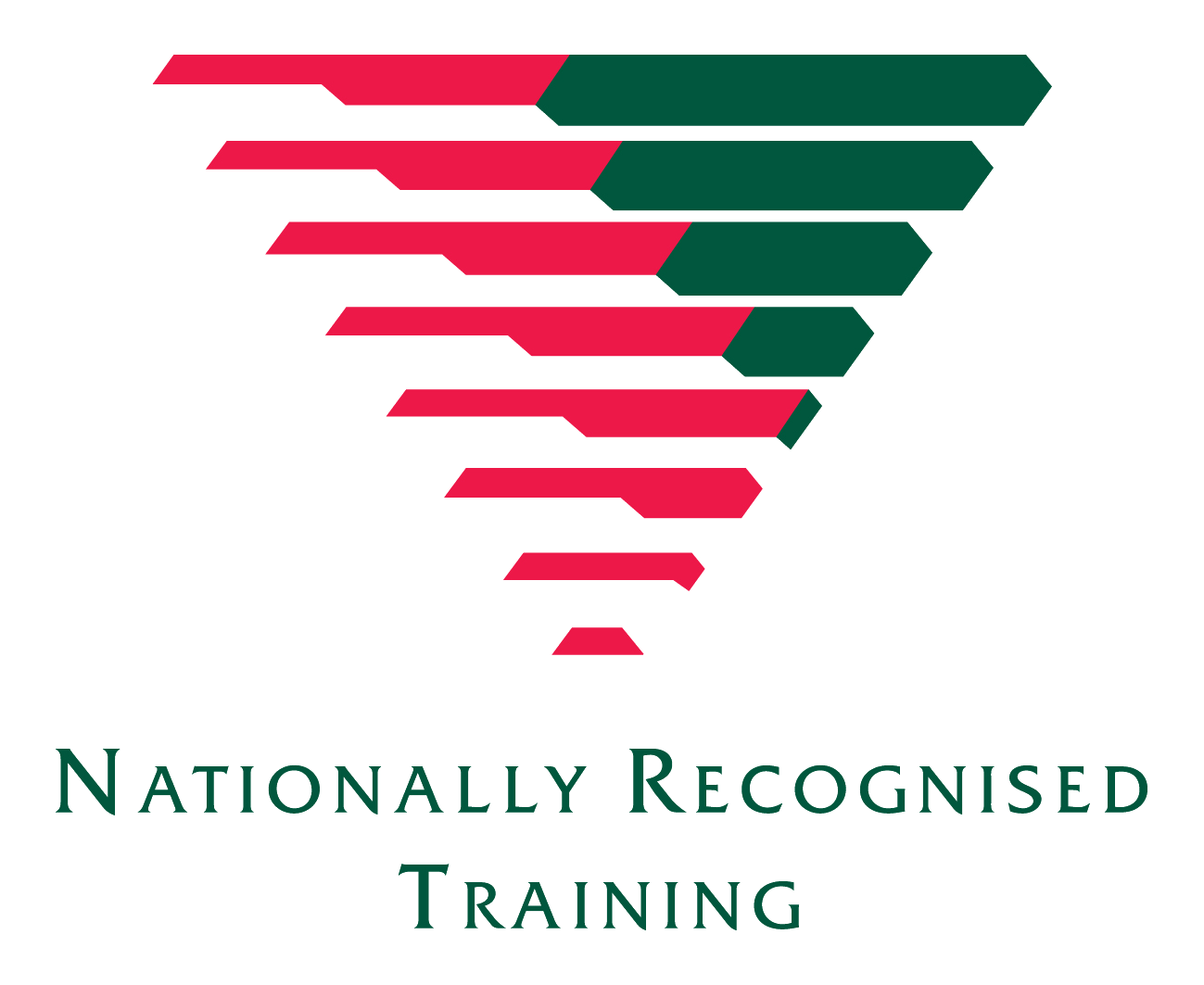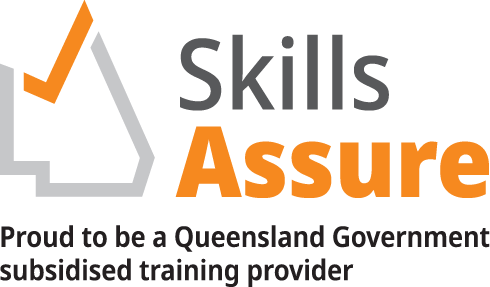Stop! I don't like it.
One of the many phrases I hear again and again is the encouragement from educators supporting children's interactions and social development reminding children to 'use their words' and let their friends know that they don't like what someone is doing and it often sounds like 'stop, I don't like it'. After a while, along with 'say sorry' - these become a bank of phrases and go-to responses that we tend to repeat over and again. After a while, they lose their meaning both for the educator and the children - who sometimes have no idea where to start with these social interactions.
Think from the perspective of a child next time you provide one of these responses to support the interactions between children that you work with.
It's hard to use your works when you don't know what to say - from the perspective of any toddler who is in the mindset of the well-known toddler's rules of possession to the overwhelmed four-year-old who is tired, hungry and overwhelmed with the world during a long day at the centre (the equivalent of needing to sit down with Netflix and eat a tub of ice cream). We, as educators need to model what to say and how to say it - instead of using your words, we can remind them to say I need my space or you can have it when I'm finished.
'Stop! I don't like it.'
Asking someone to stop is easy - letting them know why is hard. Instead of stop! I don't like it - consider that the child could verbalise what they don't like and the behaviour that they want to see (see what I did there, guiding behaviour 101). As educators, we use acknowledgement as a reward and children love it when their friends tell them what they need them to do. It is not that we don't need to encourage children to ask their friends to stop but to encourage them to explain why they need the behaviour to stop.
'Say sorry!'
As we know some children will happily repeat the words sorry to a friend so that they can return to play, but it does not always make it better. Instead, encourage children to see if their friend is ok or ask them how they are feeling. It makes my heart sing when a child can verbalise what they are sorry for to a friend, this shows a genuine development of empathy and teaches children a sense of responsibility for their actions.
As educators, we need to remember children start solving problems in the playground and during play with their friends and these are skills that they can take with them on their journey of lifelong learning. Children need a lot of practice and reminding so that when they grow, they can face challenges, express their feelings and let people around them know what they need.
One of the greatest challenges I have seen in my experience is students and educators lacking the confidence to let people know what they need. How great it would be if that skill was taught from an early age so that it becomes a natural response to our thought patterns, with the confidence to let people know what we need without feeling overwhelmed and uncomfortable in our interactions. Our role as educators are the modelling of these strategies so that these skills develop and become natural to the children we work with and over time, promote children's problem-solving strategies in their friendships, play and importantly, positive and cooperative social interactions in our services every day.
